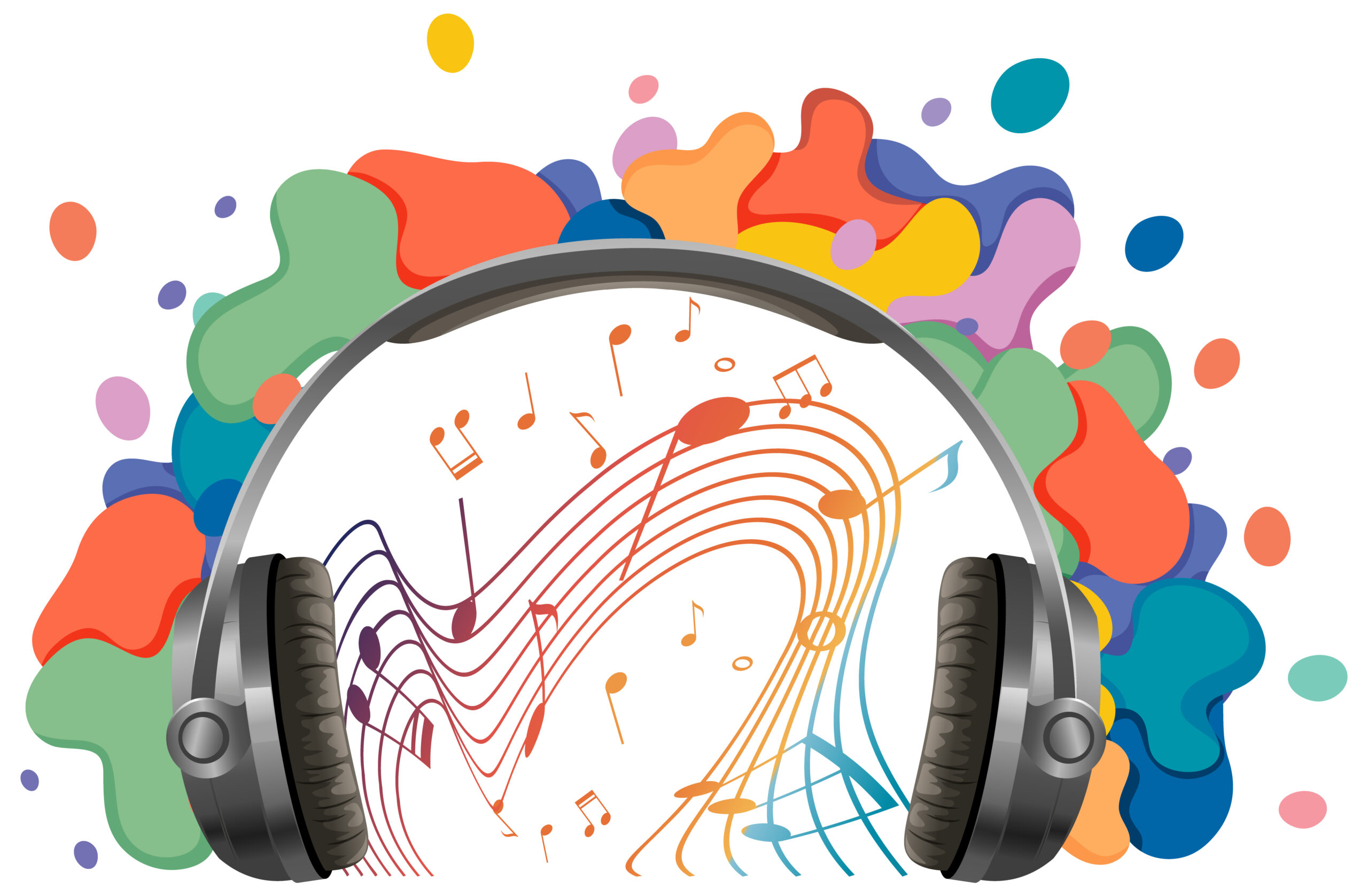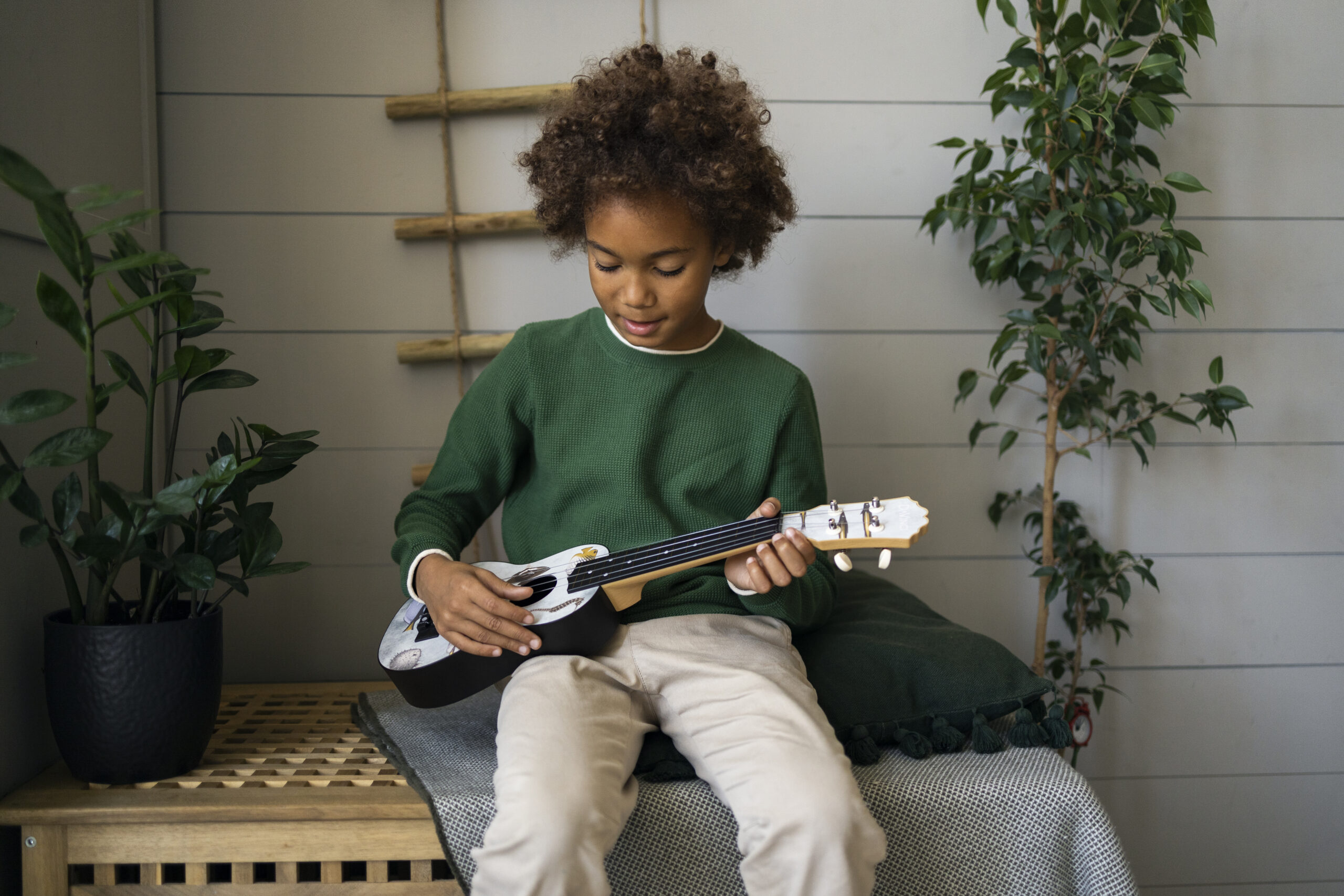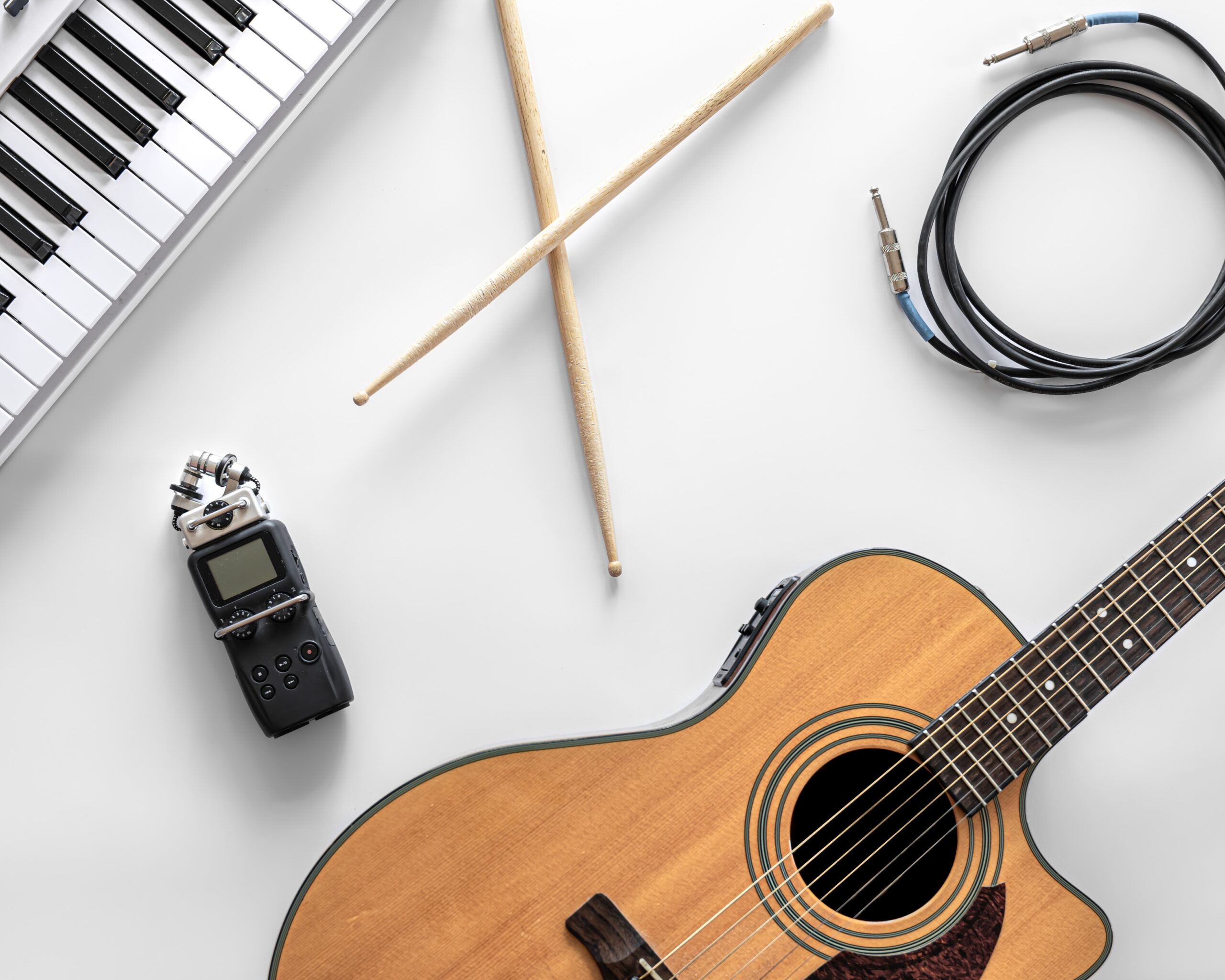About Us
WE ARE PASSIONATE MUSICIANS AND EDUCATORS DEDICATED TO HELPING YOU MASTER YOUR CRAFT AND EXPRESS YOURSELF THROUGH MUSIC.

EXPLORE A NEW WORLD OF MUSICAL EXPRESSION
Unlock your creativity and transform your passion for music into a lifelong skill. Whether you dream of playing an instrument, singing with confidence, or composing your own music, we provide expert-led courses designed to make learning enjoyable and rewarding.
OUR COMMUNITY
CONNECT, LEARN, AND GROW WITH A PASSIONATE MUSIC COMMUNITY


OUR MUSIC COURSES
EXPLORE OUR RANGE OF MUSIC LESSONS
why choose us
DISCOVER WHY WE’RE YOUR TOP CHOICE FOR MUSIC EDUCATION
Learn from top instructors and master your instrument with ease. Our courses make music learning fun and effective.
Courses Available
0
+
Student Satisfaction
0
%
Lessons Delivered
0
+





David R.
TexasAs a working professional, I needed a course that fit my schedule. These lessons are top-notch, with expert instructors and easy-to-follow content. I’ve improved my piano skills tremendously!















